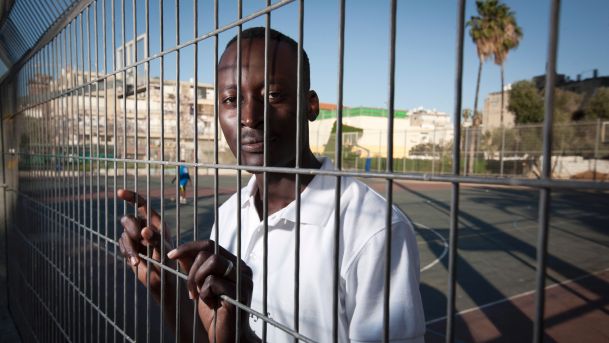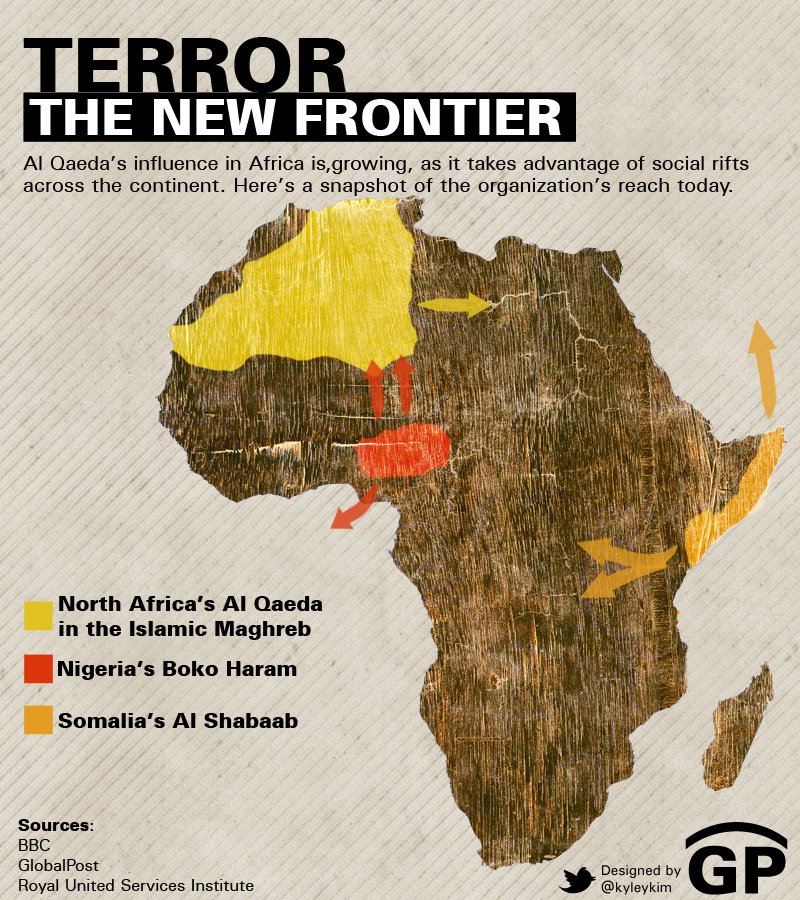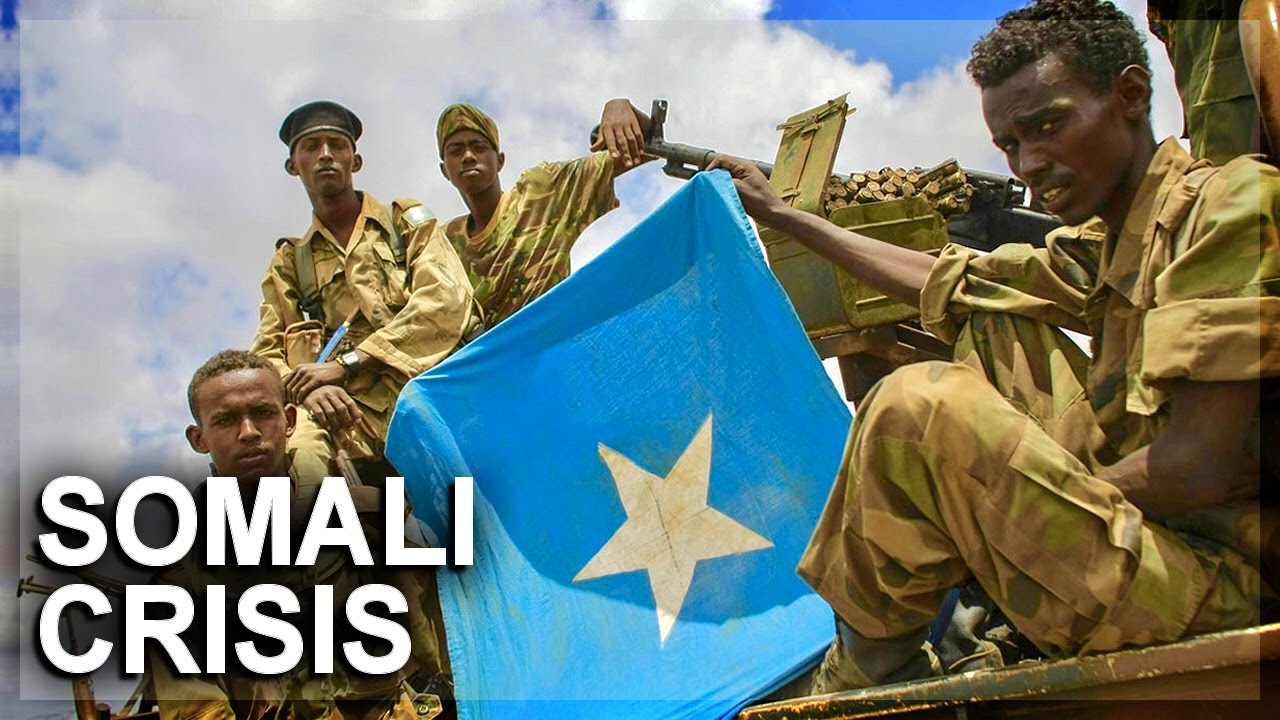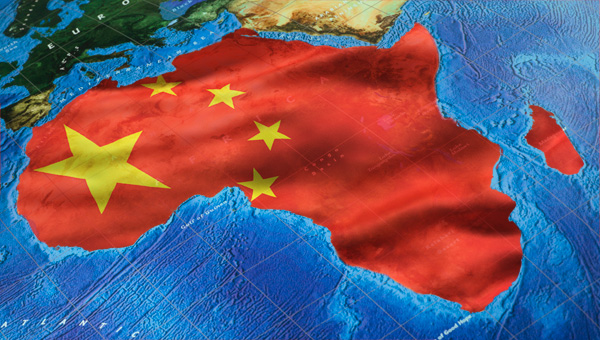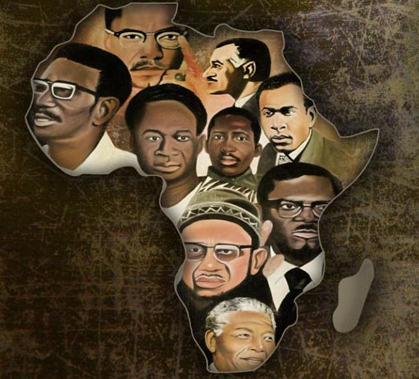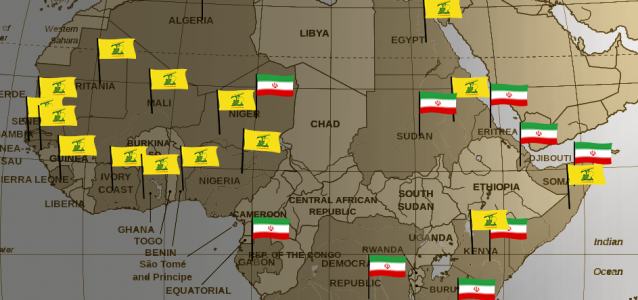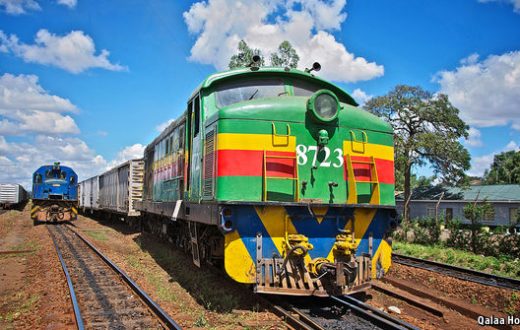Mutasim Ali is a Refugee Rights Activist, Darfurian law student at the College of Law and Business in Israel and former CEO of the African Refugee Development Center. He is the only Darfurian refugee ever granted refugee status by the Israeli government.
Mutasim’s Story
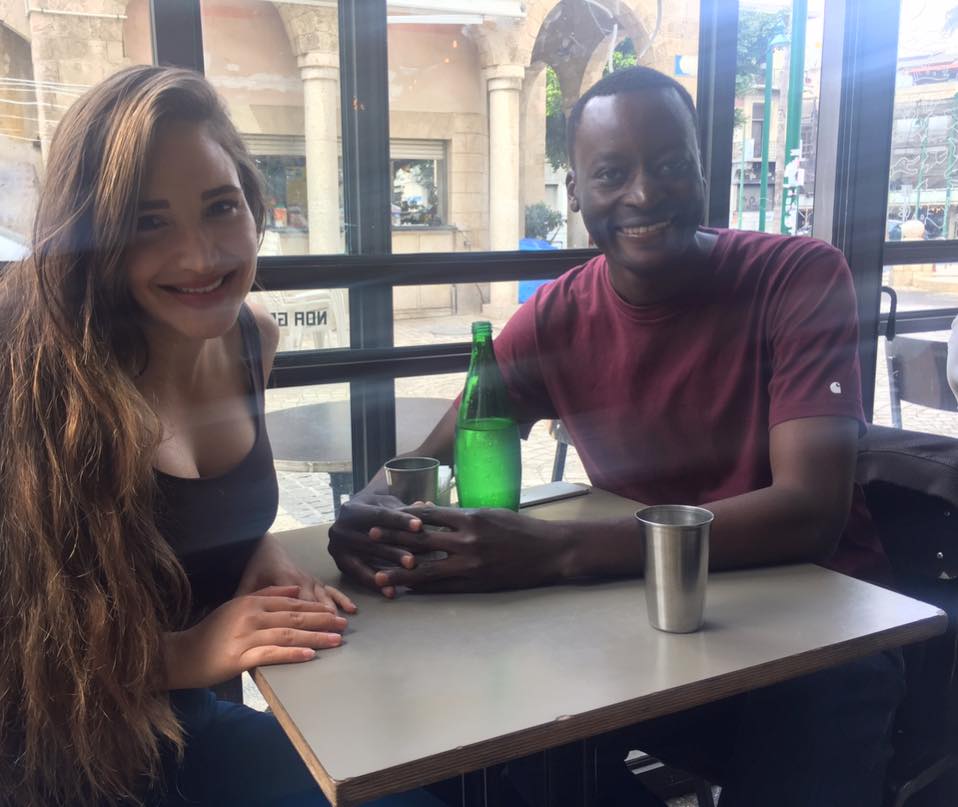
Ethnic Cleansing in Darfur
Mutasim grew up in an atypical way. Most of his childhood took place far from his family, given that his parents wanted the best education possible for him. In his native small village in Darfour, education opportunities weren’t optimal. Since best schools were far from his village, Mutasim was raised by far relatives or unrelated families.
Once he reached the appropriate age, Mutasim decided to study Geology in Khartoum, the capital of Sudan. In 2003, the racial conflict broke in Darfour.
Yanyauid militias, supported by the Sudanese government, having an Arab-nationalist ideology, want to wipe out all signs of Native African traditions
– The conflict in Darfour is an armed conflict, catalogued by many as an ethnic cleansing, in which Yanyauid militias, supported by the Sudanese government, having an Arab-nationalist ideology, want to wipe out all signs of Native African traditions and heritage. This came with an ethnic cleansing of many African tribes. –
Mutasim then decides to visit his family in his native village in Darfour. The village got attacked my the militias. As all family members ran away from the militias, the family was split in different places of Sudan.
Mutasim, being the oldest of 6 children, found it easy to remain away from his village in Khartoum, but his family, having other 5 children to take care of, eventually went back to their home.
An Activist
In 2005, the village got attacked once again. There was no media or ways to find out about this event, so Mutasim only heard about it through mouth to mouth communication. He didn’t know whether all members of his family were safe, since the news were horrifying: there were tens of people murdered. He tracked his family and found out they were (and still today are), in a camp for displaced people in North Darfour. His village is completely taken by the militias, so Mutasim and his family have nowhere to return to.
That was the call for Mutasim to become an activist. He started speaking out against government sponsored militias in his university, which lead to his political persecution. Mutasim found himself several times in prison, under completely deplorable circumstances.
“I was welcomed wonderfully by the Israeli Army”
Mutasim decides to leave to Israel in 2009, like the majority of African refugees, enduring a very hard journey through the Sinai.
After all this torment, Mutasim decides to leave to Israel in 2009, like the majority of African refugees, enduring a very hard journey through the Sinai.
“I was welcomed wonderfully by the Israeli Army” he assured. Although he was held in prison for 4 and a half months, he was surprised by the humane treatment he received.
En Route to Tel Aviv
After being released, Mutasim took a bus to Tel Aviv, knowing absolutely nothing or no one in the city. He found someone else from Darfour, who helped him and showed him around South Tel Aviv.
His need to speak out was still at the top of his skin, so Ali became a speaker and leader within his community of Asylum Seekers. That is how he got in contact with organizations working with asylum seekers, such as Amnesty International, ASAF, Sudanese Refugee Organization, among others, which ultimately led him to the role of CEO of the African Refugee Development Center.
The Interview :
Rosario: Do you think this close ties with organizations and media led to the decision of the Israeli Government of granting you political asylum?
Mutasim: In part yes, and also a very exhausting legal struggle. I am not different from any other Sudanese refugee.
Rosario: How is life in Israel for an African Asylum Seeker? Is the Israeli Society Racist?
Mutasim: It has been a tough experience, specially in the beginning. I face racism on a daily basis, but I’ve learned to not put my focus on it. A very vast majority of Israelis can be racist and unwelcoming, but fortunately not all of them.
Rosario: How do you respond to the accusations they make on African Refugees with the situation of violence and crime in South Tel Aviv?
Mutasim: We, like any other community, have our bad seeds. I recently saw a story of a woman being attacked in South Tel Aviv. I felt terrible, but that person does not represent me or my community. One of the highest Army commanders in Israel was convicted of sexual harassment – That does not represent the Israeli society. I also believe that if someone commits a crime as an individual, he or she should be investigated and prosecuted accordingly.
Rosario: Where do you see yourself in a near future?
Mutasim: I will finish my law degree in 2.5 years. I see myself working in the field of international law and also as a politician.
Rosario: Working with refugees?
Mutasim: I don’t want to keep on seeing this situation, so hopefully not.
More about Mutasim :
http://www.haaretz.com/israel-news/.premium-1.667662\
More about the Darfur Conflict :
http://news.bbc.co.uk/2/hi/africa/3496731.stm

